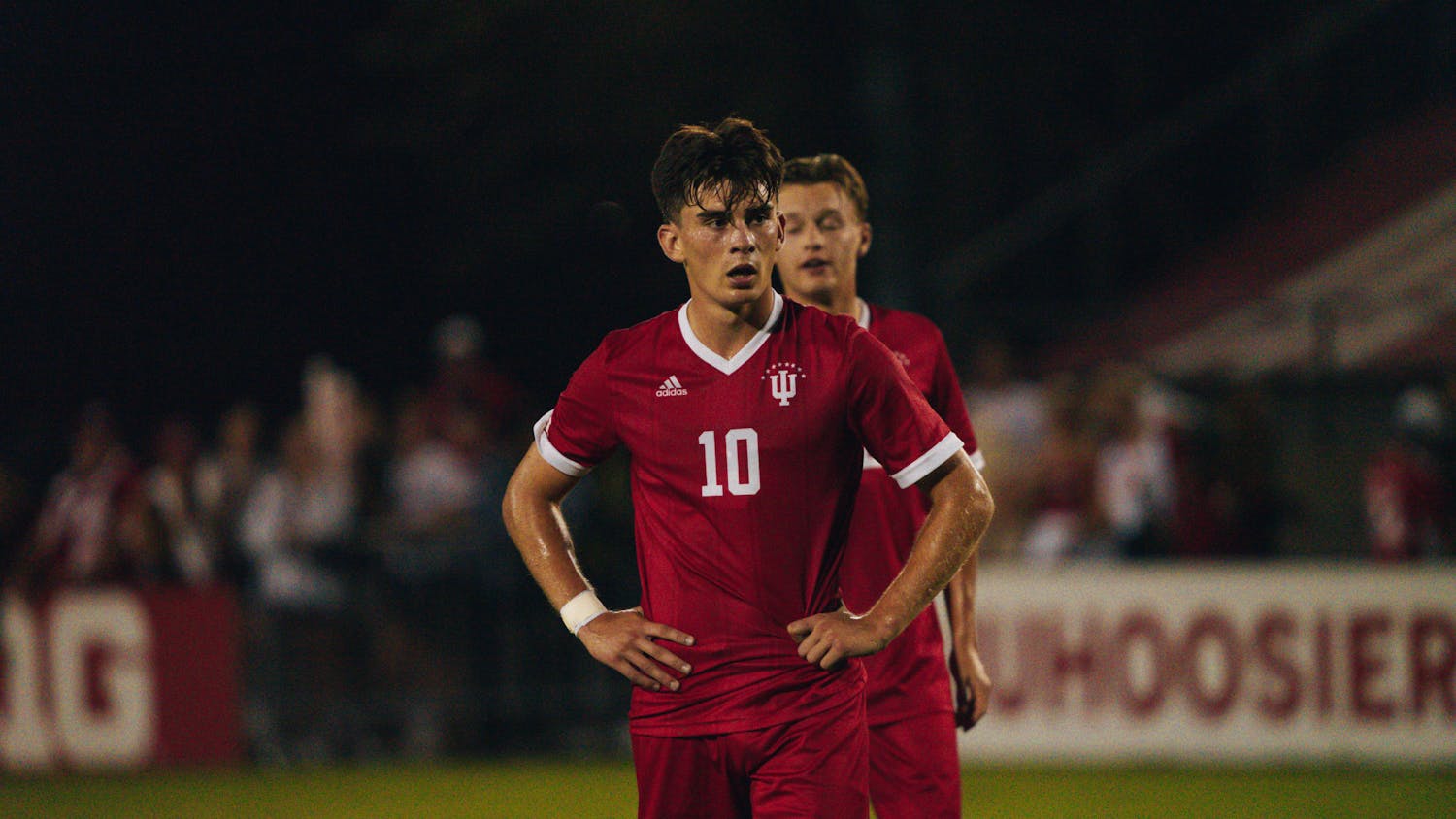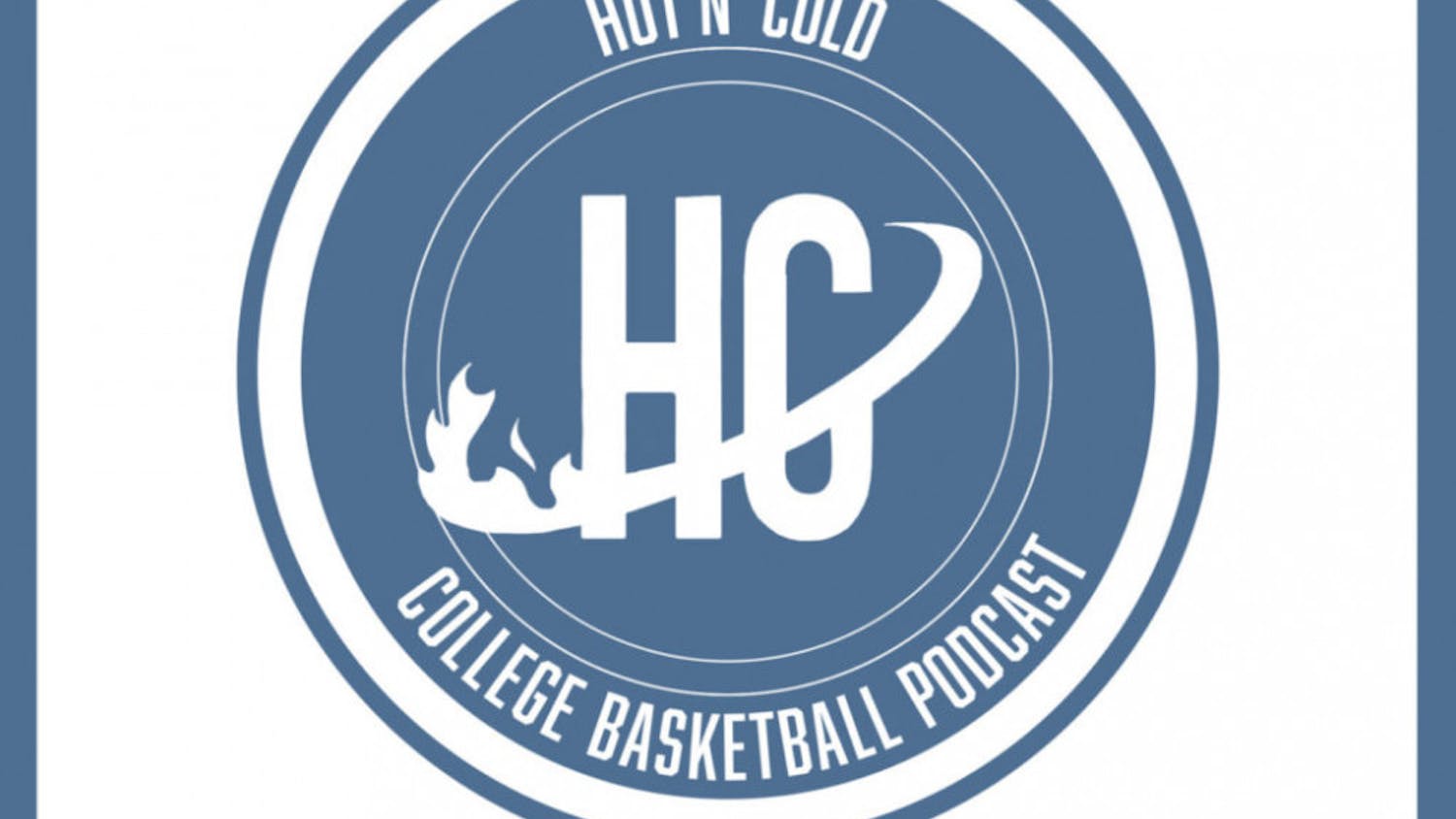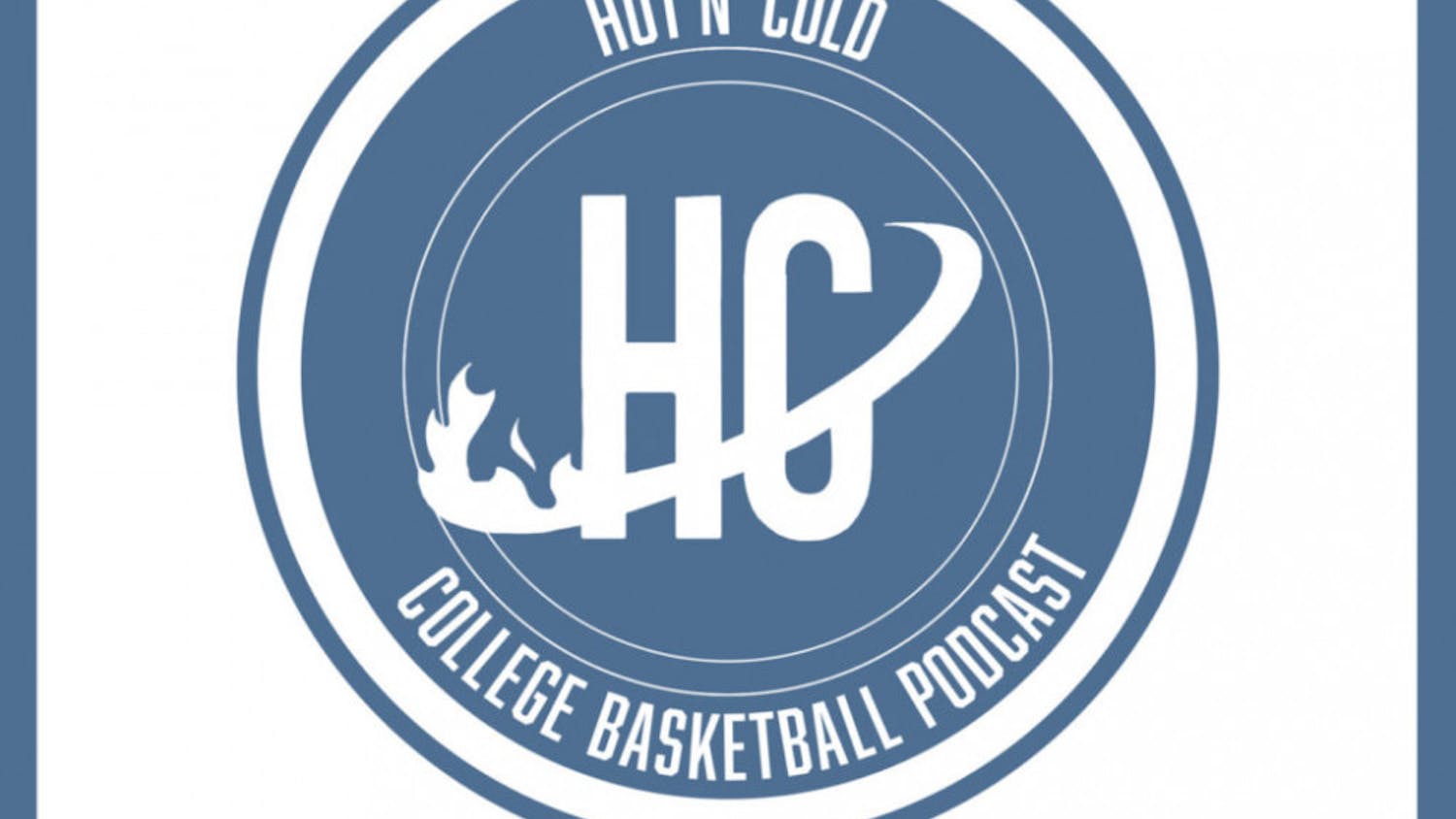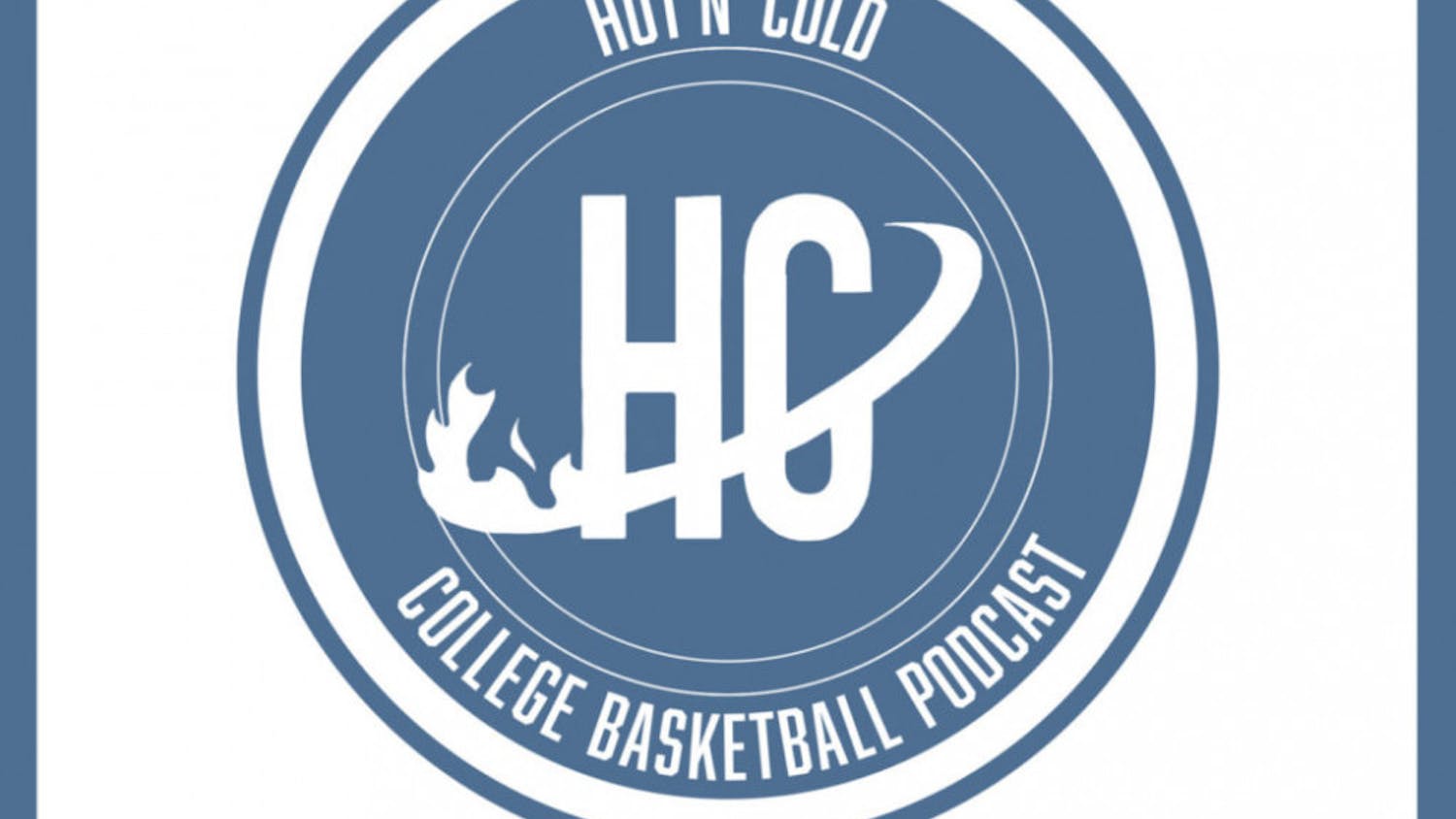The sixth edition of “Clear The Air” welcomes IU alumna and Sports Illustrated reporter Priya Desai, who covers the intersection between culture and sport in America. Part of her work focuses on the convergence between race and sport, a touchy subject Mina Denny wants to consider in this episode.
In general, sport is an amazing equalizer for all. Two people from completely different ends of the earth could meet and talk for hours just because they love the same sports team.
While this is a great testament for how sport can bring people together in amazing and
unexpected ways, being an equalizer allows for means to have tough conversations about the inequalities that occur in our world.
“Sport kind of winds its way through our culture,” Desai said.
George Floyd’s death last year is a prime example of this. Intuitions such as the WNBA and
NBA really took Floyd’s death to heart, and they made sure that their players were cognizant of
these serious racial issues.
These two institutions were not subscribing to this “stick to sport” mentality that often makes its way into the opinion news section. Understanding that their players aren’t just athletes, the WNBA and NBA recognize that they’re human too, and there are certain social issues that are not only important to them, but to the millions of fans who watch them play on the court every week.
As these athletes demonstrate the importance of solidarity, other athletic institutions have followed in their footsteps. When Desai was in broadcast news, she said, no one was talking about these concerns, and it’s heartening to see institutions and athletes today using their given platforms for change.
Endorsement deals are another huge controversial matter in sport, and this conversation gets even more contentious for athletes of color.
Professional boxer and two-time Olympic gold medalist Claressa Shields virtually received no endorsement deals after her gold medal win. Not only is she a female, but she is a minority athlete who received nothing comparable to that of a White male athlete.
Being a woman in the world of sport is already difficult enough, but being a minority female
athlete is almost an added pressure.
It took the NBA and MLB time to build popularity, and the same amount of time needs to be allotted for female institutions to grow and gain popularity. The stereotype that women’s sports aren’t popular doesn’t exist because they’re less than male sports, Desai said, but because their market to build popularity isn’t as large.
Not giving Shields any endorsement deals is one of the many wrinkles in the way that prevents these institutions from gaining popularity and growing.
Sports have helped improve racial inequality in America, but only time will tell if this generation of athletes and institutions will achieve full equality for all.
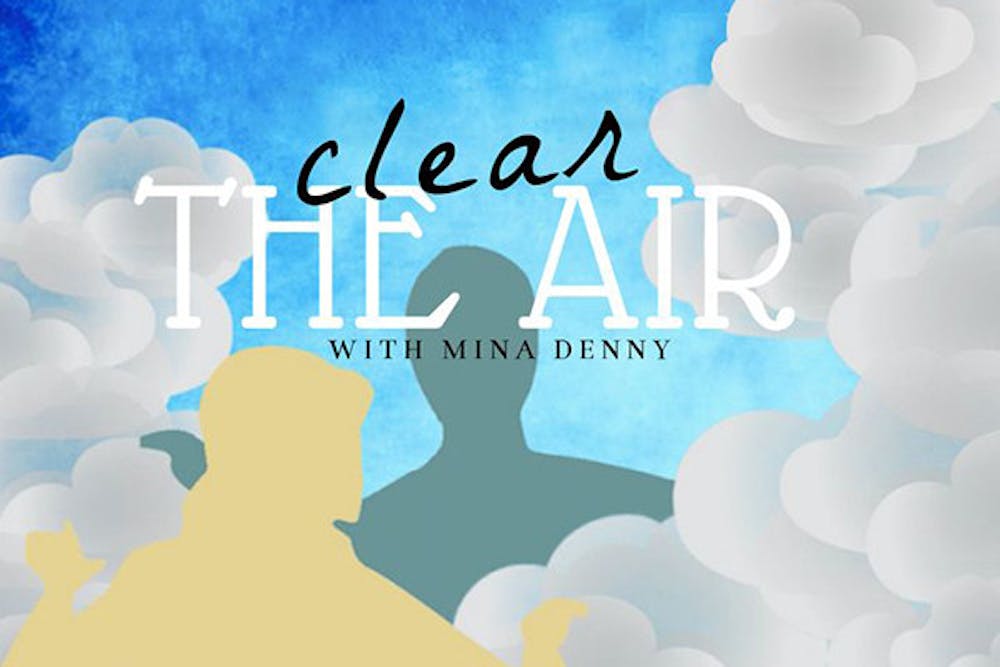
Clear The Air: The Convergence Between Race & Sports with Priya Desai
More
Jack Edwards
· September 14
Sam Rentsch
· April 21
